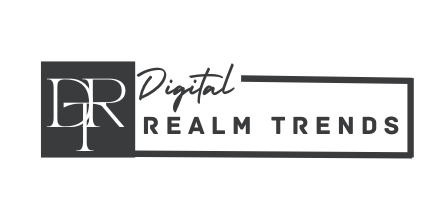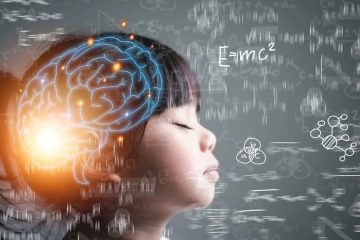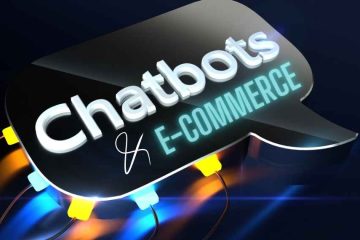The use of artificial intelligence in generating text and other forms of media has raised questions about the protection of these results under copyright law. This blog aims to explore the issue of copyright protection for the results generated by ChatGPT and to provide insights into the legal implications of using these results. It will examine the current understanding of copyright laws and how they apply to ChatGPT, as well as the potential legal consequences of using ChatGPT results without proper permission or attribution. Additionally, best practices for using ChatGPT results will be discussed to help ensure that they are used in a manner that is compliant with copyright laws.
Copyright laws and ChatGPT

Copyright laws are a set of legal provisions that protect the rights of creators of original works such as literary, musical, dramatic, and artistic works, among others. Copyright laws give the creators the exclusive right to reproduce, distribute, and display their work, among other rights.
Copyright protection for ChatGPT results: The question of whether ChatGPT results are copyrighted is a complex one, and there is no straightforward answer. While ChatGPT is an AI model that has been trained on vast amounts of text data, the results it generates are not necessarily original works in the traditional sense. Copyright laws typically protect original works that have been created by a human author, and it’s unclear whether results generated by an AI model can be considered original works.
However, some experts argue that the results generated by ChatGPT may still be protected under copyright laws as derivative works. This is because the results generated by ChatGPT are based on the input it receives and may contain elements of the text data it has been trained on. In such cases, it could be argued that the ChatGPT results are derivative works that are based on the original works contained in its training data, and thus they may be protected by copyright.
The issue of copyright protection for ChatGPT results is still an evolving area of law, and there is no clear consensus on how it should be addressed. It is likely that courts will have to weigh the various factors involved in each case to determine whether the results generated by ChatGPT are indeed protected by copyright laws.
Legal implications of using ChatGPT results
If the results generated by ChatGPT are found to be protected by copyright laws, then the unauthorized use of these results could be considered copyright infringement. This means that if someone uses the results generated by ChatGPT without permission, they may be liable for damages and could face legal consequences.
The liability for copyright infringement can be significant, and it may depend on various factors such as the nature of the infringement, the amount of the damages suffered by the copyright owner, and the knowledge of the infringer. In some cases, individuals and organizations may be held liable for indirect infringement if they benefit from the infringing activities of others. Thus, it is important to be mindful of the legal implications of using ChatGPT results and to seek legal advice when necessary.
Best practices for using ChatGPT results

Seeking permission from the owner: One of the best ways to avoid potential legal problems is to seek permission from the owner of the original works contained in the training data used to develop ChatGPT. This will ensure that you have the right to use the results generated by ChatGPT and that you are not infringing on any copyright laws.
Citing sources and giving credit: If you are using the results generated by ChatGPT, it is important to properly cite the sources and give credit to the original authors of the works contained in the training data. This will demonstrate that you have respect for the original works and that you are taking steps to avoid plagiarism.
Avoiding plagiarism: Plagiarism is a serious issue, and it can have significant consequences. When using the results generated by ChatGPT, it is important to ensure that the text is original and that you are not simply copying and pasting the results into your own work. To avoid plagiarism, it is best to use the results generated by ChatGPT as a starting point and to make significant changes to the text so that it is original and not simply a copy of the results.
Conclusion
In conclusion, the question of whether ChatGPT results are protected by copyright laws is a complex and evolving area of law. While some experts argue that they may be protected as derivative works, there is no clear consensus on this issue. Using ChatGPT results without permission or proper attribution can result in copyright infringement, which can lead to legal consequences and significant liability. To avoid these potential legal issues, it is best to seek permission from the owner of the original works contained in the training data, properly cite sources and give credit, and avoid plagiarism by making significant changes to the results so they are original.

Hello, I’m Ali Raza, the brain behind Digital Realm Trends.
Hailing from the vibrant world of digital marketing, I’ve honed my skills over years. Based on my experience, I’m here to unravel the complexities of digital marketing, analytics and paid marketing, crafted for individuals like you. Join me in uncovering the power of digital marketing tools and strategies, fueled by experimentation and insights.




